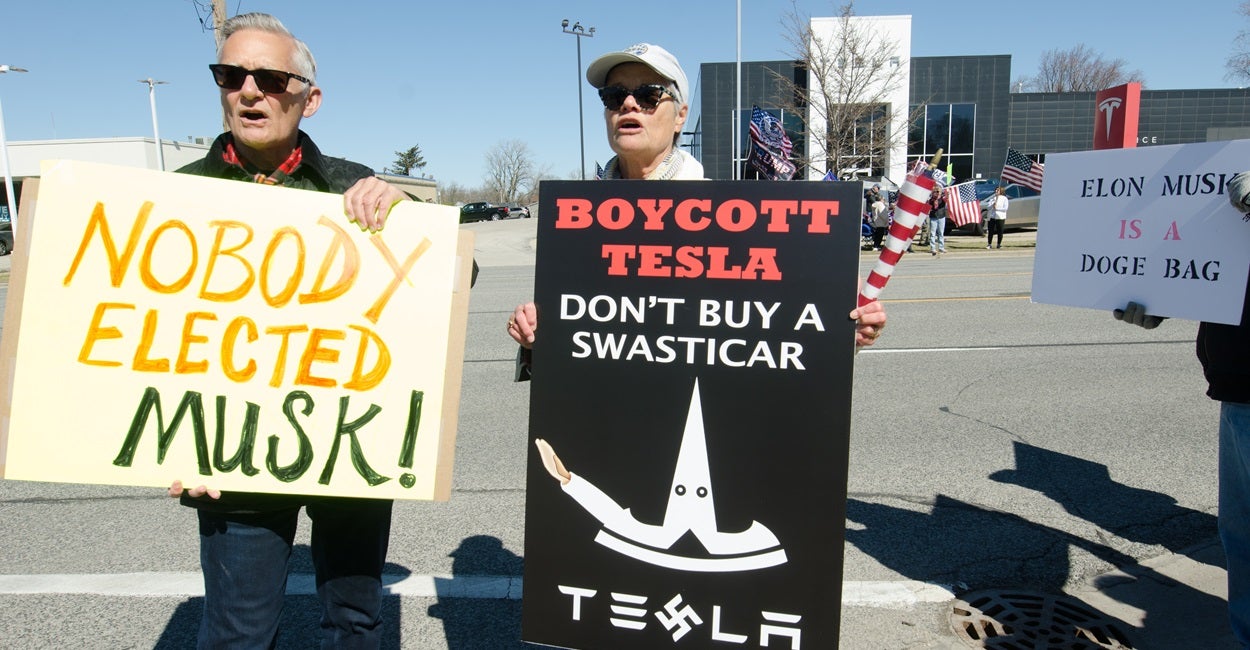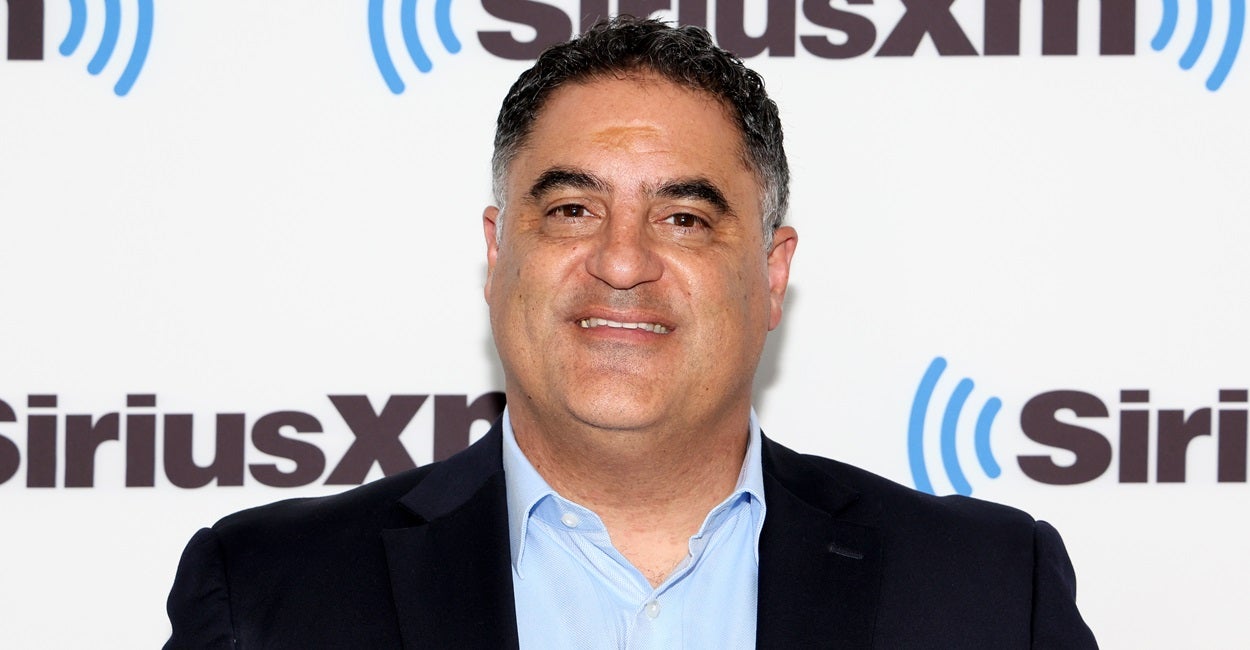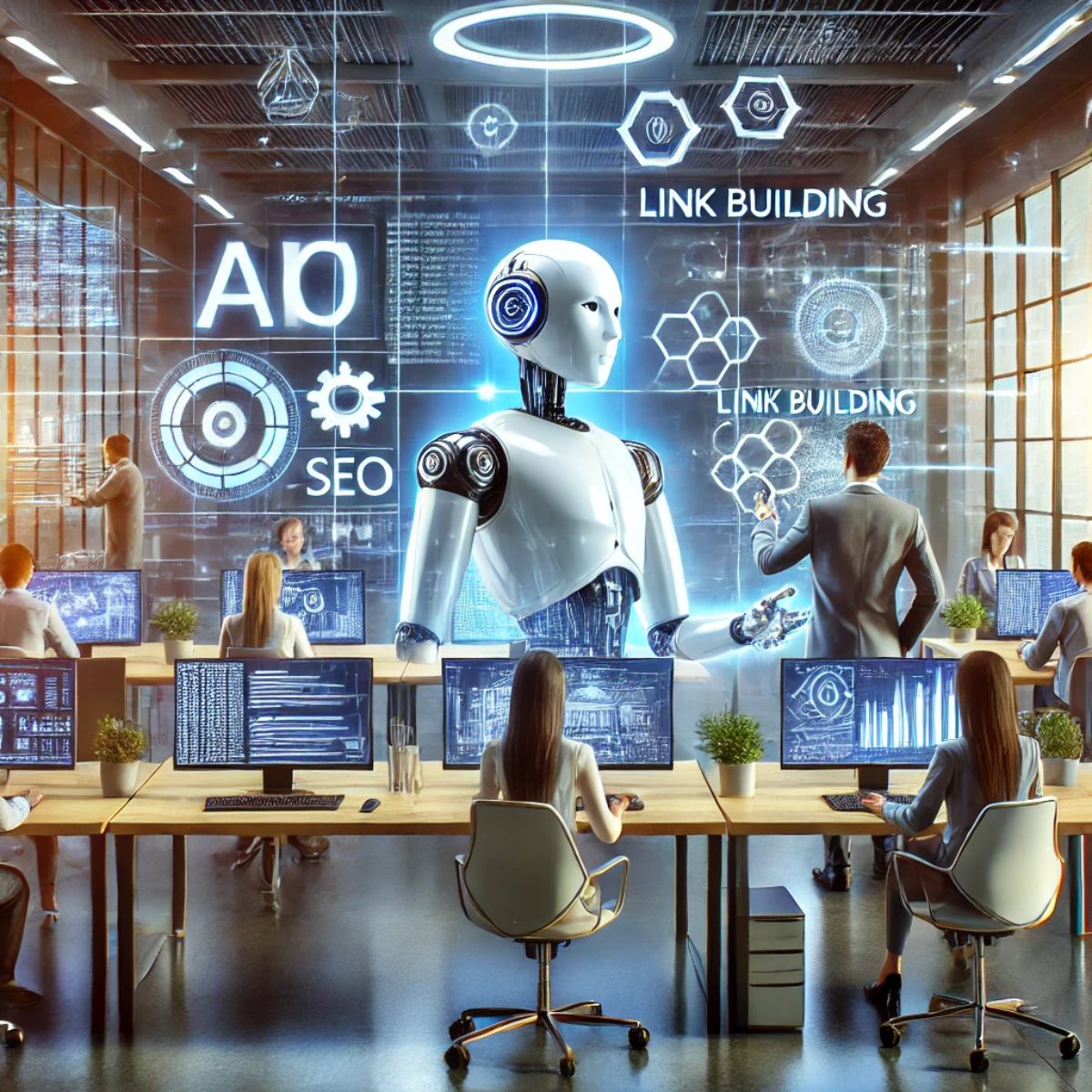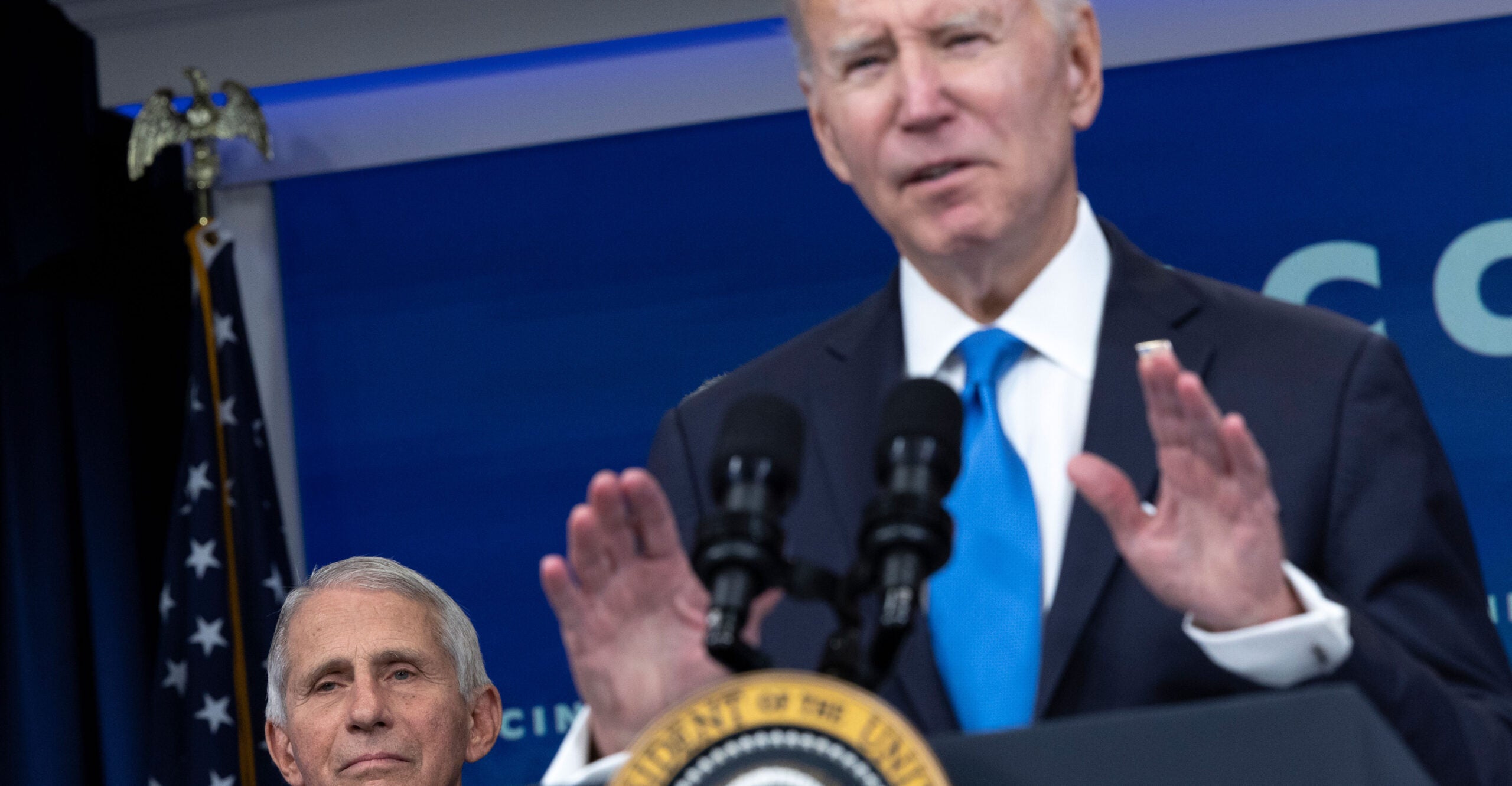The Future of the Movies, Part 1
Starting this month, we will present a different essay by a different writer on the first Friday of every month. Each one starts from the premise "The Future of the Movies." The writer is free to expound on that title in whatever way they choose. It could be streaming, theatrical, AI, tech, representation, or anything else that comes to mind. And we expect the conversation to change month to month. We just want to make sure we're having it. Come back every month for upcoming essays by Marya E. Gates, Robert Daniels, Brian Tallerico, Clint Worthington, Isaac Feldberg, and many more. It’s always tempting to look at the future of movies through a doomsday filter. With mankind on the precipice of fulfilling science fiction’s dystopian prediction about planet-conquering robots, hurtling toward its own self-prophesied demise like a moth to the flame, there are plenty of reasons to be pessimistic. Yet 2023 also provided us with numerous reasons to be hopeful, not least of all the historic strikes waged by the film industry’s writers and actors, who refused to let their work be devalued in favor of a cost-cutting reliance on Artificial Intelligence. In a year that commemorated the 100th anniversary of the Walt Disney Company, it was depressing to witness how the studio’s creativity-stifling output was a far cry from the innovative magic that birthed it a century ago. Last month, my wife Rebecca and I attended the traveling Disney100 exhibition in Chicago, and marveled at the humble origins of Walt, who signed a contract in October of 1923 to produce a series of dazzling Lewis Carroll-inspired “Alice Comedies” that blended live-action performers with animation, a technique that was later perfected in the greatest of all Disney films, 1964’s masterpiece “Mary Poppins.” It is that sort of outside-the-box ingenuity that no computer algorithm can replicate. Throughout this year, I was encouraged to see audiences voting with their tickets by causing Disney’s mediocre blockbusters to underperform, while leading the summer’s unlikely double bill of two bold, risk-taking masterworks—Greta Gerwig’s “Barbie” and Christopher Nolan’s “Oppenheimer”—to rule the box office. Whether studios will take the correct lessons from this phenomenon remains to be seen. Mattel’s proposed slate of upcoming doll-related features reeks of disaster, since it was not the product that made “Barbie” a hit, but the sharply witty, cinephilic mind of Gerwig, whose script co-written with her partner Noah Baumbach, was the exact remedy many moviegoers needed for our post-Roe v. Wade era. The high level of quality on many streaming platforms has raised the game for movie studios eager to compete with small screen franchises, beginning with the likes of “Stranger Things,” and it’s going to take a whole lot more to motivate people to make the trip to the movie theater. The success of “Barbie” and “Oppenheimer” illustrates that moviegoers do not want to have their intelligence insulted. For all of its bombast and nail-biting suspense, Nolan’s epic was resoundingly sobering, chock-full of enough wall-to-wall dialogue and timeline splintering to rival Oliver Stone. It encourages a reckoning with our history and the blood on our collective hands not unlike Martin Scorsese’s “Killers of the Flower Moon” or Jonathan Glazer’s “The Zone of Interest,” a shared theme that couldn’t be timelier. It was also the coupling of aggressive marketing campaigns and fan-made viral memes that caused these pictures to transcend the status of mere new releases and become events on the level of “Taylor Swift: The Eras Tour.” Perhaps it is the ease with which our eyes have learned to multitask courtesy of our iPhones that has resulted in mainstream audiences no longer being afraid of subtitles, as evidenced by the popularity of foreign titles like “Godzilla Minus One” and Miyazaki’s “The Boy and the Heron.” Here’s hoping these triumphs bode well for the future of cinema and are not a last gasp of vitality before the androids take over. As one of film’s great motormouths, Ian Malcolm in “Jurassic Park,” once noted, “Your scientists were so preoccupied with whether or not they could that they didn’t stop to think if they should.”


Starting this month, we will present a different essay by a different writer on the first Friday of every month. Each one starts from the premise "The Future of the Movies." The writer is free to expound on that title in whatever way they choose. It could be streaming, theatrical, AI, tech, representation, or anything else that comes to mind. And we expect the conversation to change month to month. We just want to make sure we're having it. Come back every month for upcoming essays by Marya E. Gates, Robert Daniels, Brian Tallerico, Clint Worthington, Isaac Feldberg, and many more.
It’s always tempting to look at the future of movies through a doomsday filter. With mankind on the precipice of fulfilling science fiction’s dystopian prediction about planet-conquering robots, hurtling toward its own self-prophesied demise like a moth to the flame, there are plenty of reasons to be pessimistic. Yet 2023 also provided us with numerous reasons to be hopeful, not least of all the historic strikes waged by the film industry’s writers and actors, who refused to let their work be devalued in favor of a cost-cutting reliance on Artificial Intelligence.
In a year that commemorated the 100th anniversary of the Walt Disney Company, it was depressing to witness how the studio’s creativity-stifling output was a far cry from the innovative magic that birthed it a century ago. Last month, my wife Rebecca and I attended the traveling Disney100 exhibition in Chicago, and marveled at the humble origins of Walt, who signed a contract in October of 1923 to produce a series of dazzling Lewis Carroll-inspired “Alice Comedies” that blended live-action performers with animation, a technique that was later perfected in the greatest of all Disney films, 1964’s masterpiece “Mary Poppins.”
It is that sort of outside-the-box ingenuity that no computer algorithm can replicate. Throughout this year, I was encouraged to see audiences voting with their tickets by causing Disney’s mediocre blockbusters to underperform, while leading the summer’s unlikely double bill of two bold, risk-taking masterworks—Greta Gerwig’s “Barbie” and Christopher Nolan’s “Oppenheimer”—to rule the box office. Whether studios will take the correct lessons from this phenomenon remains to be seen. Mattel’s proposed slate of upcoming doll-related features reeks of disaster, since it was not the product that made “Barbie” a hit, but the sharply witty, cinephilic mind of Gerwig, whose script co-written with her partner Noah Baumbach, was the exact remedy many moviegoers needed for our post-Roe v. Wade era.
The high level of quality on many streaming platforms has raised the game for movie studios eager to compete with small screen franchises, beginning with the likes of “Stranger Things,” and it’s going to take a whole lot more to motivate people to make the trip to the movie theater. The success of “Barbie” and “Oppenheimer” illustrates that moviegoers do not want to have their intelligence insulted. For all of its bombast and nail-biting suspense, Nolan’s epic was resoundingly sobering, chock-full of enough wall-to-wall dialogue and timeline splintering to rival Oliver Stone. It encourages a reckoning with our history and the blood on our collective hands not unlike Martin Scorsese’s “Killers of the Flower Moon” or Jonathan Glazer’s “The Zone of Interest,” a shared theme that couldn’t be timelier.
It was also the coupling of aggressive marketing campaigns and fan-made viral memes that caused these pictures to transcend the status of mere new releases and become events on the level of “Taylor Swift: The Eras Tour.” Perhaps it is the ease with which our eyes have learned to multitask courtesy of our iPhones that has resulted in mainstream audiences no longer being afraid of subtitles, as evidenced by the popularity of foreign titles like “Godzilla Minus One” and Miyazaki’s “The Boy and the Heron.” Here’s hoping these triumphs bode well for the future of cinema and are not a last gasp of vitality before the androids take over. As one of film’s great motormouths, Ian Malcolm in “Jurassic Park,” once noted, “Your scientists were so preoccupied with whether or not they could that they didn’t stop to think if they should.”




















